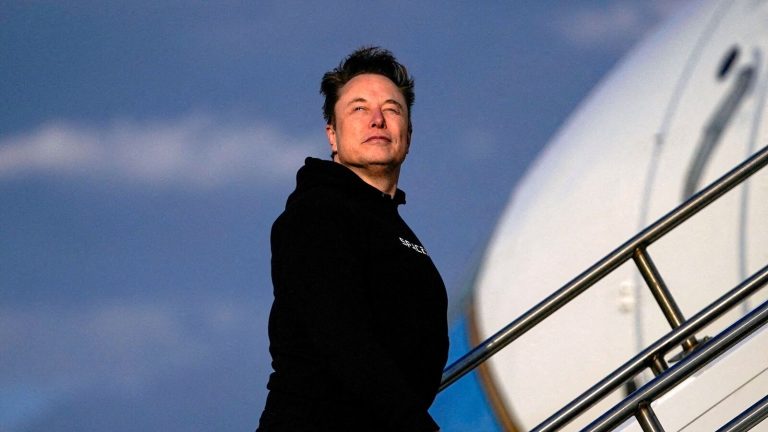Elon Musk has once again advanced the benefits of using machines in healthcare, noting that the top human surgeons will be replaced by robots in the next five years. Musk was reacting to a post about medical technology company Medtronic using robots in over 130 surgeries, including fixing prostates, kidneys, and bladders.
“Robots will surpass good human surgeons within a few years and the best human surgeons within ~5 years,” Musk said in reply to an X post.
“@Neuralink had to use a robot for the brain-computer electrode insertion, as it was impossible for a human to achieve the required speed and precision,” the world’s richest man added.
Notably, this isn’t the first time Musk has hinted at the possibility of AI replacing human doctors. Earlier this year, Musk claimed that Grok, his company’s AI chatbot, can diagnose medical injuries.
Musk’s claims, however, sometimes don’t have much correlation to reality, as was proven not only by a number of doctors on X but also by Grok itself, which replied to a user’s query: “I’m not equipped to diagnose medical injuries, but I can provide general information or guide you on where to seek proper medical advice. If you have concerns about an injury, it’s best to consult with a healthcare professional who can give you a proper diagnosis and treatment plan.”
AI companies want to replace doctors and cure diseases:
Musk, however, isn’t the only billionaire who wants to use AI and other related technology to replace doctors. Over the past few weeks, almost all of the Big Tech companies have made it a personal mission to illustrate the benefits of AI in healthcare, starting with Google DeepMind CEO Demis Hassabis, who said in an interview that AI could cure all diseases in a few years.
Following that up was OpenAI, whose top functionaries shared stories of many ChatGPT users using the chatbot to fix long-standing health issues.
And finally, Microsoft (incidentally OpenAI’s biggest backer) rolled out a new diagnostic tool for finding rare diseases, which CEO Satya Nadella said could ‘truly improve lives’.
While AI coming into healthcare — just like in any other field — presents a bouquet of opportunities, what the tech billionaires carefully neglect are the possible downsides of using AI for diagnostics. The current AI tools backed by LLMs are still prone to hallucination (making stuff up with confidence), and in fact, as we recently reported, the newer models in some cases (like o3 and o4 mini) are prone to even more hallucination.
Unlike coding- or writing-related tasks, the stakes could be life or death for a real human in case of a misdiagnosis by AI. Moreover, with regulation in this field currently being fuzzy, there is no clear way to fix responsibilities either.


